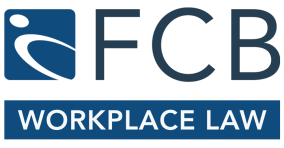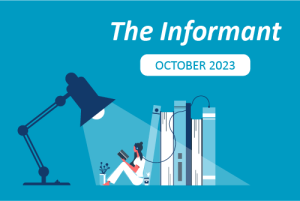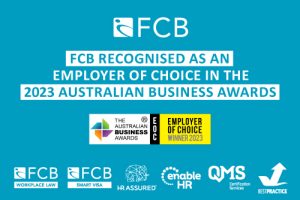The adverse action trap – when avoiding one risk can create another
September 8, 2016Since 1 January 2010, the Fair Work Act 2009 (Act) has contained a broad swathe of ‘general protections’ for employees, subcontractors and employees of subcontractors which allow them to sue employers (and principals) when “adverse action” is alleged.
With more of these ‘general protections’ cases now coming through the federal Courts, we are seeing more examples where employers are not thinking through how their decisions about current or prospective employees can amount to “adverse action” with significant consequences – including compensation orders .
We consider two recent decisions to highlight some real risks employers create – in particular when a decision is taken to mitigate one risk, only to create an “adverse action” risk as a consequence of their decision.
Current employee – CFMEU v Hail Creek Coal Pty Ltd [2016] FCA 199
Last week the Federal Court ordered Rio Tinto subsidiary Hail Creek Coal to pay $1.3 million in compensation for lost wages and interest, after finding that the employer took adverse action by standing down an employee, after he had been awarded $637,000 in damages by another court for a serious workplace injury.
The employee (Mr Haylett) was an operator who was first injured at work in 2010, before returning to work on modified duties. In November 2013, Mr Haylett was awarded damages in relation to that injury in the District Court of Queensland. Days after this decision, Mr Haylett’s employer required him to undergo a medical assessment and was certified fit for his modified role, but was eventually ruled unfit for his original operator role after a second medical assessment and stood down without pay.
The employer and Mr Haylett then engaged in a dispute about his status and role, which continued until an appeal that determined the second medical assessment was invalid under the relevant coal industry regulations. Despite the appeal decision, the employer continued to stand down Mr Haylett.
Mr Haylett then commenced a general protections claim in the Fair Work Commission, claiming he had suffered adverse action. The matter ended up before the Federal Court, with the employer defending the claim on the basis that it had a genuine concern for its obligations under the regulations. The Court instead found that the employer was more likely to have stood down Mr Haylett because his injury posed a possible future cost risk, specifically with respect to the insurance premiums. In addition to the substantial damages award, the Court also ordered the employer to pay a penalty of $50,000 to the CFMEU who ran Mr Haylett’s case.
Prospective employee – AWU v CBI Constructors Pty Ltd [2016] FCA 745
In another recent decision, a former “adversary” of Esso won his general protections claim when the Federal Court found that an employer, an international contractor servicing Esso, had refused to employ him because of his past industrial activity as an AWU organiser.
In this case the employer had excluded Mr Lee (a former Esso employee and AWU organizer) from being considered for employment on a shutdown at Esso’s Longford plant in the 2013 Christmas break, as it was of the view Esso wouldn’t allow Mr Lee to be employed on one of its sites (despite assurances from Esso that it would not be an issue).
The employer sought to defend the claim on a number of grounds, including that it could not be said to have refused to employ Mr Lee on the shutdown as any request to do so would have been merely a proposal rather than an actual vacancy, and Mr Lee didn’t submit an application for employment.
However, the Court decided against the employer and found that the employer’s manager had refused to employ Mr Lee (a prospective employee) because he presumed Esso would not allow it due to Mr Lee’s former union activity.
The employer in this case was fined $17,500 for a breaching of the general protections sections in the Act.
If you would like to discuss this issue in more detail, or if we can assist in working through the risks of a particular employment decision please contact Benjamin Gee, head of the Infrastructure & Construction industry team at FCB Workplace Law.

























